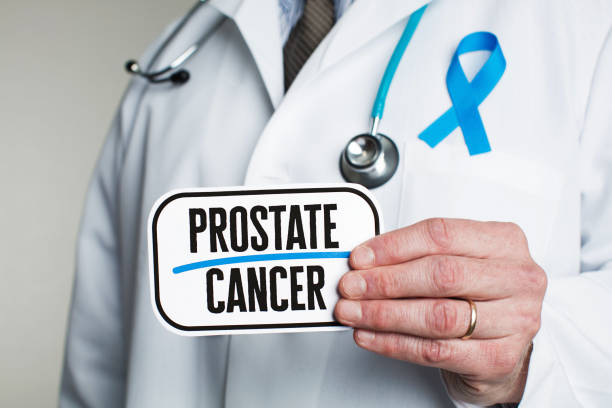An enlarged prostate means the gland has grown bigger. Prostate enlargement happens to almost all men as they get older. An enlarged prostate is often called benign prostatic hyperplasia (BPH). It is not cancer, and it does not raise your risk for prostate cancer.
Prostate enlargement is a very common condition associated with ageing. More than 1 in 3 of all men over 50 will have some symptoms of prostate enlargement. It can be Cure with Medications, Must Buy ProstaStream.
It’s not known why the prostate gets bigger as you get older, but it is not caused by cancer and does not increase your risk of developing prostate cancer.
An enlarged prostate can put pressure on the urethra, which can affect how you urinate.
Signs of an enlarged prostate can include:
- Difficulty Starting Or Stopping Urinating
- A Weak Flow Of Urine
- Straining When Peeing
- Feeling Like You’re Not Able To Fully Empty Your Bladder
- Prolonged Dribbling After You’ve Finished Peeing
- Needing To Pee More Frequently Or More Suddenly
- Waking Up Frequently During The Night To Pee
See your GP if you notice any problems with, or changes to, your usual pattern of urination.
Simple measures such as reducing the amount you drink (especially tea, coffee and alcohol) before bed can sometimes help control the symptoms. Medicine can help reduce the size of your prostate and relax the muscles of your bladder.
In severe cases that do not get better with medicine, the inner part of the prostate can be surgically removed.
Types of Prostatitis and Treatments
Acute bacterial prostatitis: This type is caused by a bacterial infection and comes on suddenly (acute). Symptoms include severe chills and fever. There is often blood in the urine. Your PSA level (see PSA test) may be higher than normal.
You must go to the doctor’s office or emergency room for treatment. It’s the least common of the four types, yet it’s the easiest to diagnose and treat.
Most cases can be cured with a high dose of antibiotics, taken for 7 to 14 days, and then lower doses for several weeks.
You may also need drugs to help with pain or discomfort. If your PSA level was high, it will likely return to normal once the infection is cleared up.
Chronic bacterial prostatitis: Also caused by bacteria, this type of prostatitis doesn’t come on suddenly, but it can be bothersome.
The only symptom you may have is bladder infections that keep coming back. The cause may be a defect in the prostate that lets bacteria collects in the urinary tract.
Antibiotic treatment over a longer period of time is best for this type. Treatment lasts from 4 to 12 weeks. This type of treatment clears up about 60 percent of cases. Long-term, low-dose antibiotics may help relieve symptoms in cases that won’t clear up.
Chronic prostatitis or chronic pelvic pain syndrome: This disorder is the most common but least understood type of prostatitis. Found in men of any age from late teens to the elderly, its symptoms can come and go without warning.
There can be pain or discomfort in the groin or bladder area. Infection-fighting cells are often present, even though no bacteria can be found.
There are several different treatments for this problem, based on your symptoms. These include anti-inflammatory medications and other pain control treatments, such as warm baths. Other medicines, such as alpha-blockers, may also be given.
Alpha-blockers relax muscle tissue in the prostate to make passing urine easier. Some men are treated with antibiotics in case the symptoms are caused by an undetected infection.
Asymptomatic inflammatory prostatitis: You don’t have symptoms with this condition. It is often found when you are undergoing tests for other conditions, such as to determine the cause of infertility or to look for prostate cancer. If you have this form of prostatitis, your PSA test may show a higher number than normal.
Men with this condition are usually not treated, but a repeat PSA test will usually be done if the PSA number is high.
